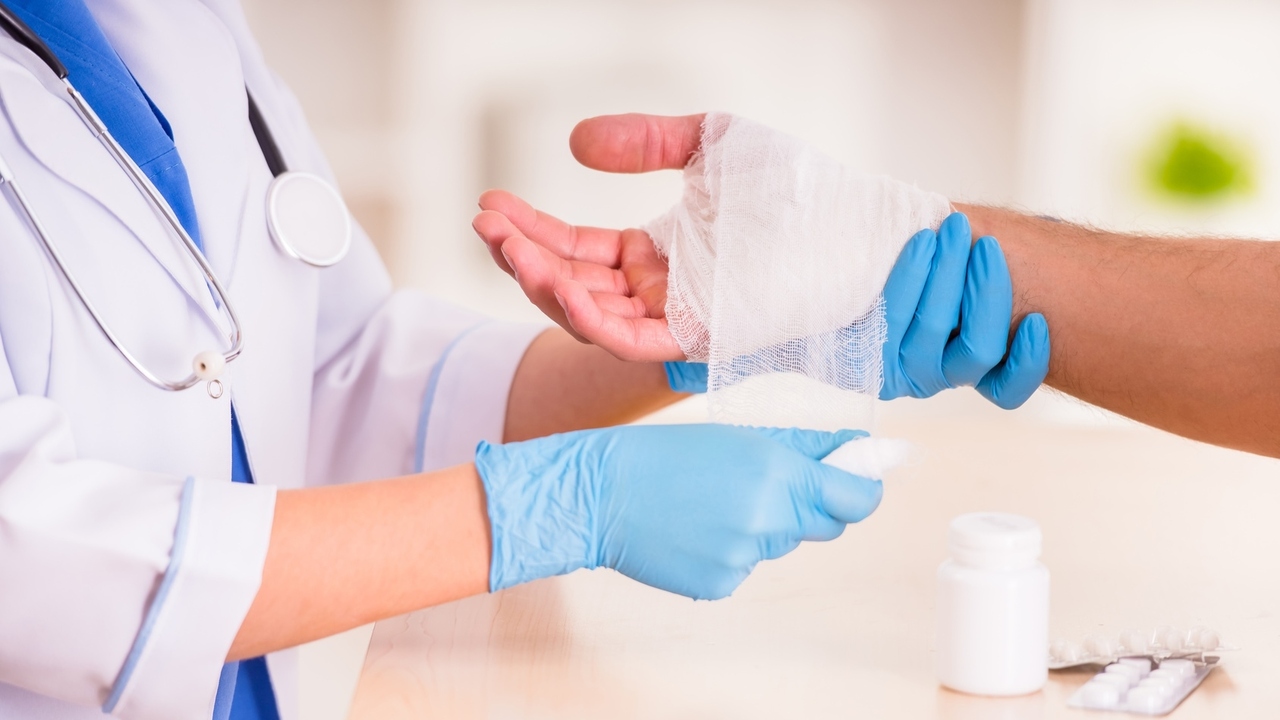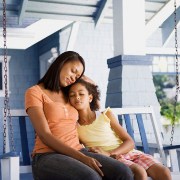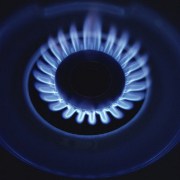Prevention
Most burns are the result of accidents. To prevent burns:
- Teach children about fire prevention and keep dangerous materials out of reach.
- Make sure smoke detectors are installed and in working order. Replace batteries twice a year. (One way to remember to do this is to change batteries the same days you change the clocks for daylight savings time.)
- When cooking, keep pot handles turned toward the back of the stove.
- Supervise young children in the kitchen and around fireworks.
- Set the temperature on the water heater to less than 120°F and test the bath water before your child gets in.
- Make sure children’s sleep wear is flame-retardant.
- Don’t hold children in your arms or lap while cooking, serving, or eating hot foods or liquids.
- Do not leave matches, lighters, candles, or burning cigarettes unattended.
- Wear protective gloves and clothing when handling caustic chemicals.
- Put protective covers on electrical outlets.
- Do not wear loose-fitting sleeves while cooking.
- Keep children and pets away from the stove while cooking.
- Make sure electrical cords are not hanging over the edge of countertops.
- Store chemicals and cleaners in a locked cabinet.
- Children younger than one year can sustain partial-thickness burns from hot seat belt straps or buckles in car seats. Make sure car seats are not hot before putting a child in the seat. If you park in the sun, cover the seat with a towel.
Please be aware that this information is provided to supplement the care provided by your physician. It is neither intended nor implied to be a substitute for professional medical advice. CALL YOUR HEALTHCARE PROVIDER IMMEDIATELY IF YOU THINK YOU MAY HAVE A MEDICAL EMERGENCY. Always seek the advice of your physician or other qualified health provider prior to starting any new treatment or with any questions you may have regarding a medical condition. Copyright © 2024 EBSCO Publishing All rights reserved.

 Protect Children and Others at Risk for Burn Injuries
Protect Children and Others at Risk for Burn Injuries

